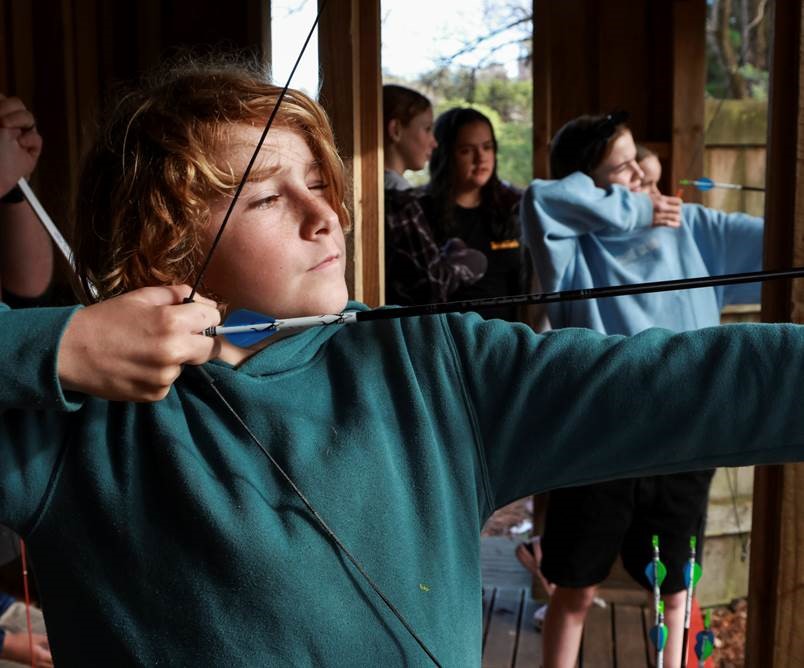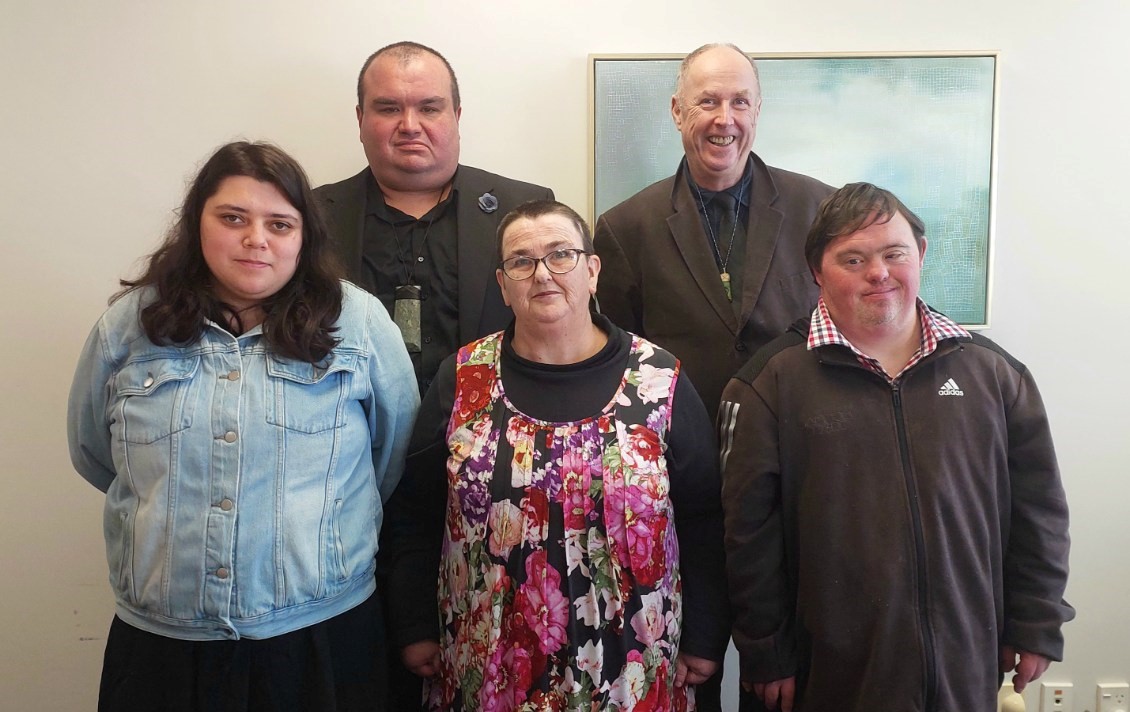Categories
Urgent action needed on adult decision-making

IHC is urging the Law Commission to protect the rights of vulnerable adults to make their own decisions.
In a submission to the Law Commission’s review of adult decision-making capacity law, IHC says the importance of adults being able to make their own decisions,with appropriate support, cannot be understated.
“A person’s dignity is severely undermined by substitute decision-making; their safety can be compromised, as well as their ability to respond to and navigate unsafe situations,” it says.
“One of the huge gaps in the current system is support for people who do not have family or friends to help them make decisions. For many intellectually disabled people there are no friends, family, or whānau available.” The submission says many of those in residential care only have their staff to support them to make decisions.
IHC says it has been contacted many times by various service providers about what is available for people in these situations. Their staff are concerned about the lack of long-term, non-professional relationships for these people.
“If New Zealand is to continue with substitute decision-making, there are additional safeguards needed before it is decided that a person needs a welfare guardian.Capacity assessments must be more thorough than a ‘tick box’; they need to consider the different types of capacity that people may have, and they must be completed by people who have the time and the knowledge to properly assess the capacity of an adult.”
IHC says welfare guardians need mandatory training on what being a welfare guardian involves, including an understanding of human rights and the need to involve the people concerned in all decisions.
Welfare guardianship should be reviewed every three years, with the presumption that it will end unless there are very good reasons for it to be extended, and the person concerned should always be involved in the application process with the opportunity to have their say.
People under welfare guardianship must also be able to challenge their guardianship without needing access to large sums of money.
IHC would like to see the establishment of a Public Advocate, backed by an independent statutory body, to advocate for adults who need decision-making assistance,mediate disputes about adults with decision-making needs, and investigate situations of potential abuse, neglect and exploitation of adults who are at risk of harm. “This is a significant gap in New Zealand, and it needs to be addressed by a properly funded national system.”
Caption: People under welfare guardianship must also be able to challenge their guardianship without needing access to large sums of money.

This story was published in Strong Voices. The magazine is posted free to all IHC members.
Download PDF of Strong Voices issue







